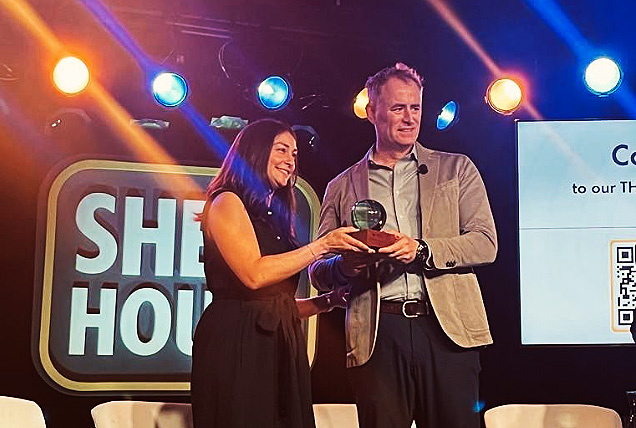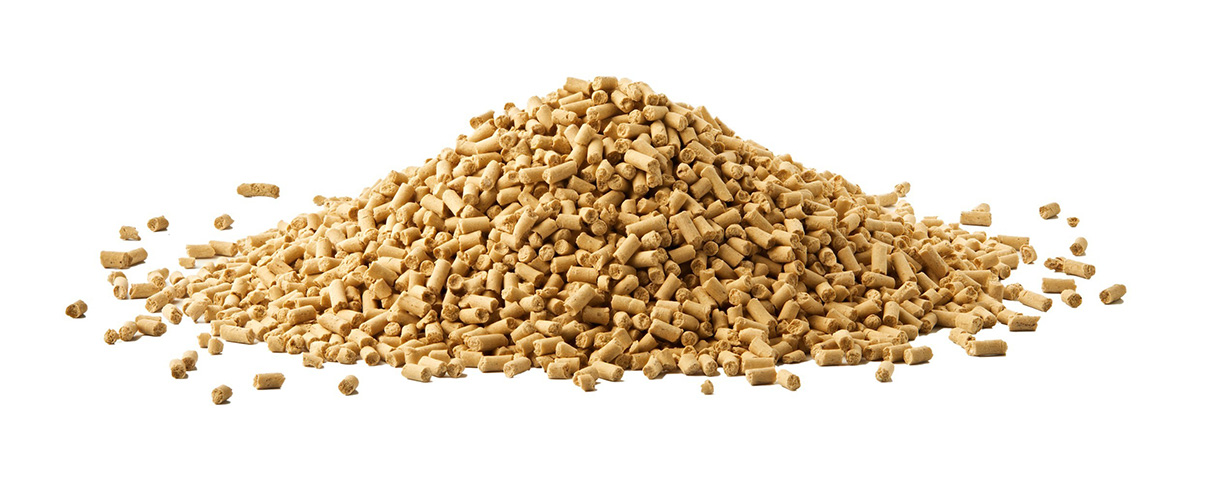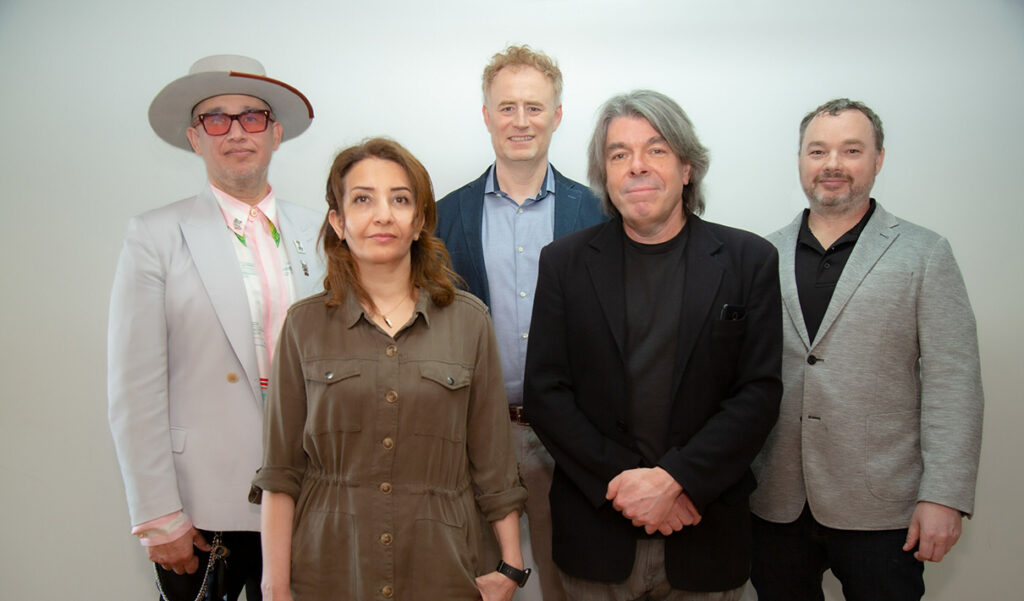Canadian firm Lucent Bio is on a mission is to deliver crop nutrition to growers that increases yields whilst minimising environmental impact through carbon sequestration. Now the agritech company’s Soileos product has been recognised in the prestigious THRIVE | Shell Climate-Smart Agriculture Challenge – where it won the ‘Scale-up’ category.
The THRIVE | Shell Climate-Smart Agriculture Challenge aims to identify and support start-up and scale-up innovators driving the global transformation to climate-smart agriculture practices. Over 300 start-ups competed in this challenge. As a winner, Lucent Bio will showcase Soileos, Lucent Bio’s Climate-smart solution, during South by Southwest (SXSW) in Austin, Texas in a session held on March 12 at Shell House.
“We are thrilled to have won the THRIVE Shell Smart Agriculture Challenge Scale-up Program,” said CEO Michael Riedijk. “We are grateful to have the opportunity to highlight how we help decarbonise agriculture with our Soileos smart biofertilisers.”

What is Soileos?
Soileos is a soil-applied crop nutrition product that enhances yields, crop resilience, and soil health through improved nutrient delivery and sustained bioavailability. Soileos upcycles cellulose co-products such as pea, lentil, wheat and oat hulls into a climate-positive fertiliser solution. Soileos offers a more sustainable and eco-friendly alternative to traditional synthetic fertilisers by creating a circular economic model.

2022 Environmental Footprint Assessment
In early 2022, Lucent Bio contracted two independent consulting firms, Viresco Solutions and SAISS Consulting, to provide insight into the environmental benefits of manufacturing and using Soileos Zinc and Soileos Iron and the carbon emissions offset potential of Soileos Zinc.
Their key findings were:
- For each tonne of Soileos applied to growing corn, soybeans or canola, an estimated Greenhouse Gas (GHG) benefit of 7-9 tonnes of CO2 may be achieved;
- The GHG manufacturing footprint of Soileos is about 1/4th of the footprint of Zinc EDTA and about 1/6th of the footprint of Iron EDTA;
- The manufacturing process of Soileos requires around 1.5x less water, 4x less energy, and generates 5x fewer air pollutants than EDTA.
Lucent Bio has released a whitepaper entitled ‘Environmental Footprint of Soileos’ that describes the cradle-to-gate assessment of manufacturing Soileos and its climate change mitigation potential. This whitepaper can be downloaded for free at https://hello.lucentbiosciences.com/environmental-footprint



